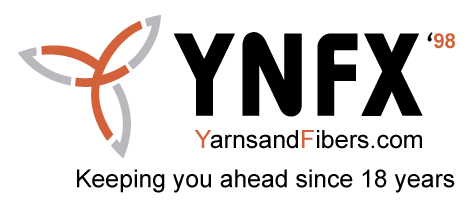Related Keywords: attract investment, ETP and interest subsidy, handloom and power loom, Karnataka state, mega projects, modification in Javali Neethi, push geographical distribution, spinning, strengthen textile value chain activities, Technical textile, textile and garment units, Textile parks, textile policy, weaving
Karnataka comparing with the policies of Maharashtra and Gujarat has made some modification in its Javali Neethi (Textile Policy) 2013-18 with an aim to not only strengthen its textile value chain activities but also to spur technical textiles and go for an aggressive push for geographical distribution of textile and garment units.
The State is encouraging investments in almost all the sub-sectors of textile in the form of Textile Parks, Mega Projects, Integrated units and MSME units.

